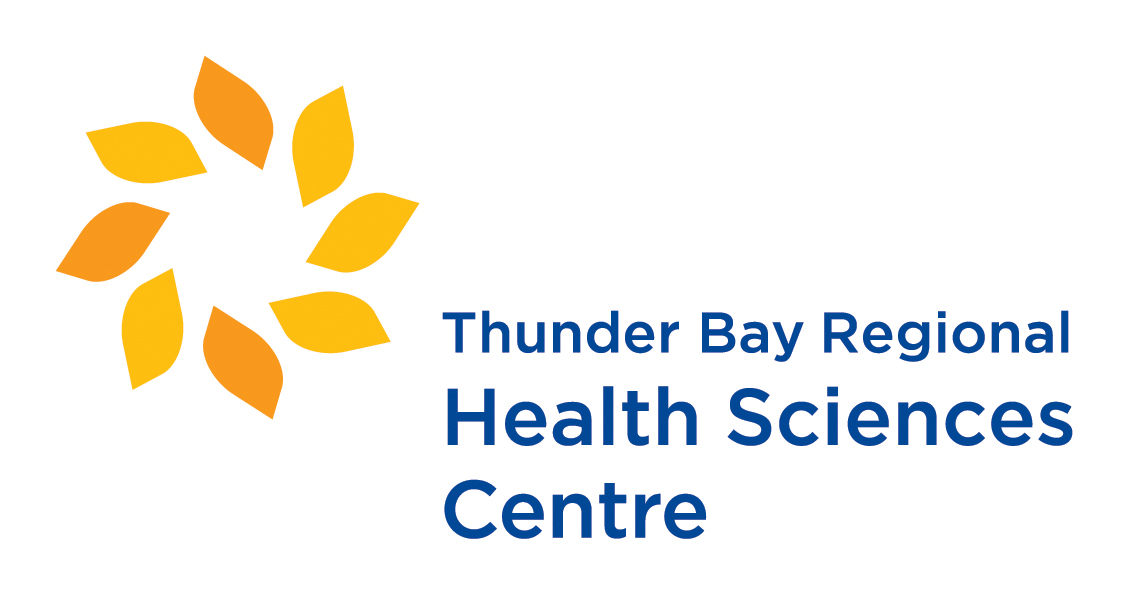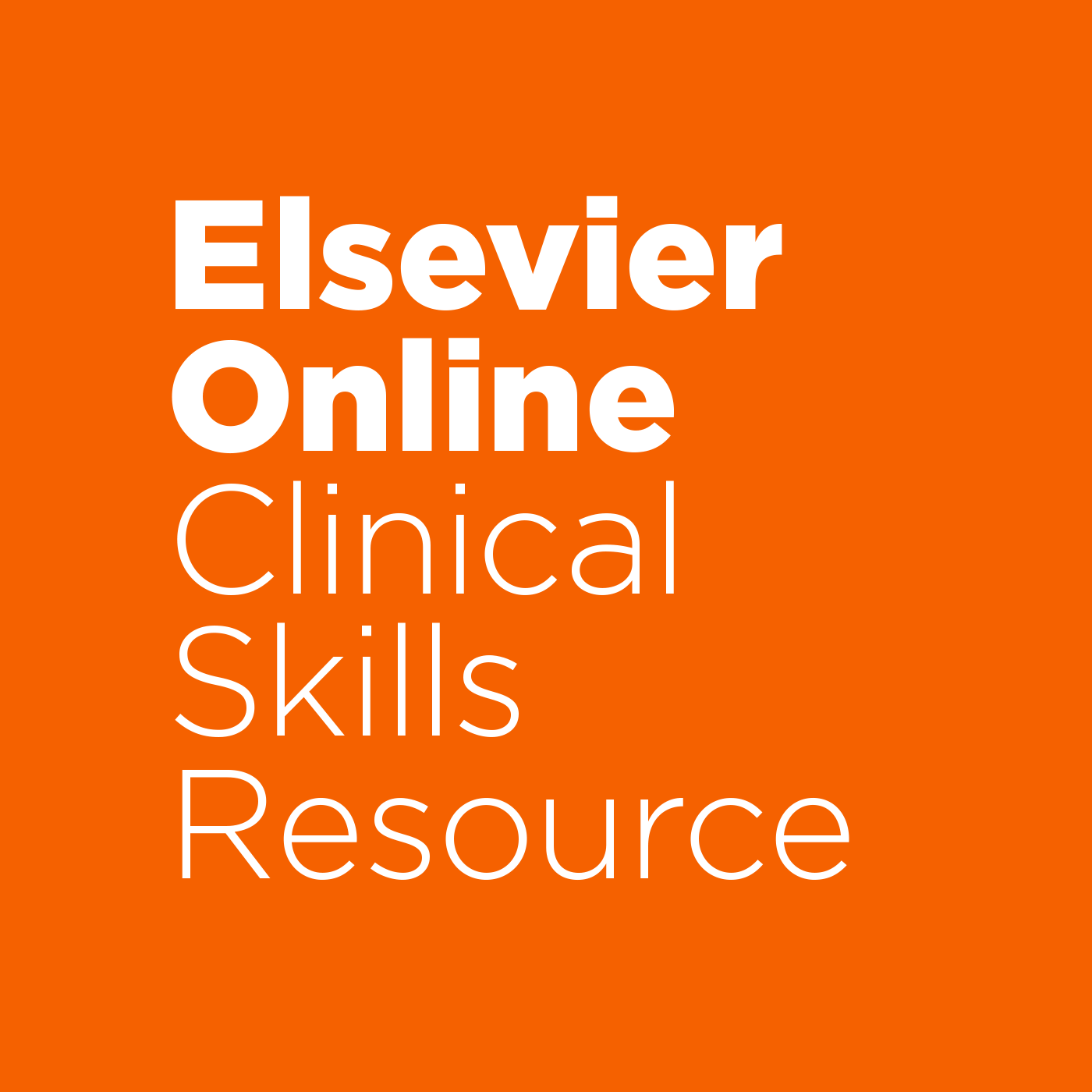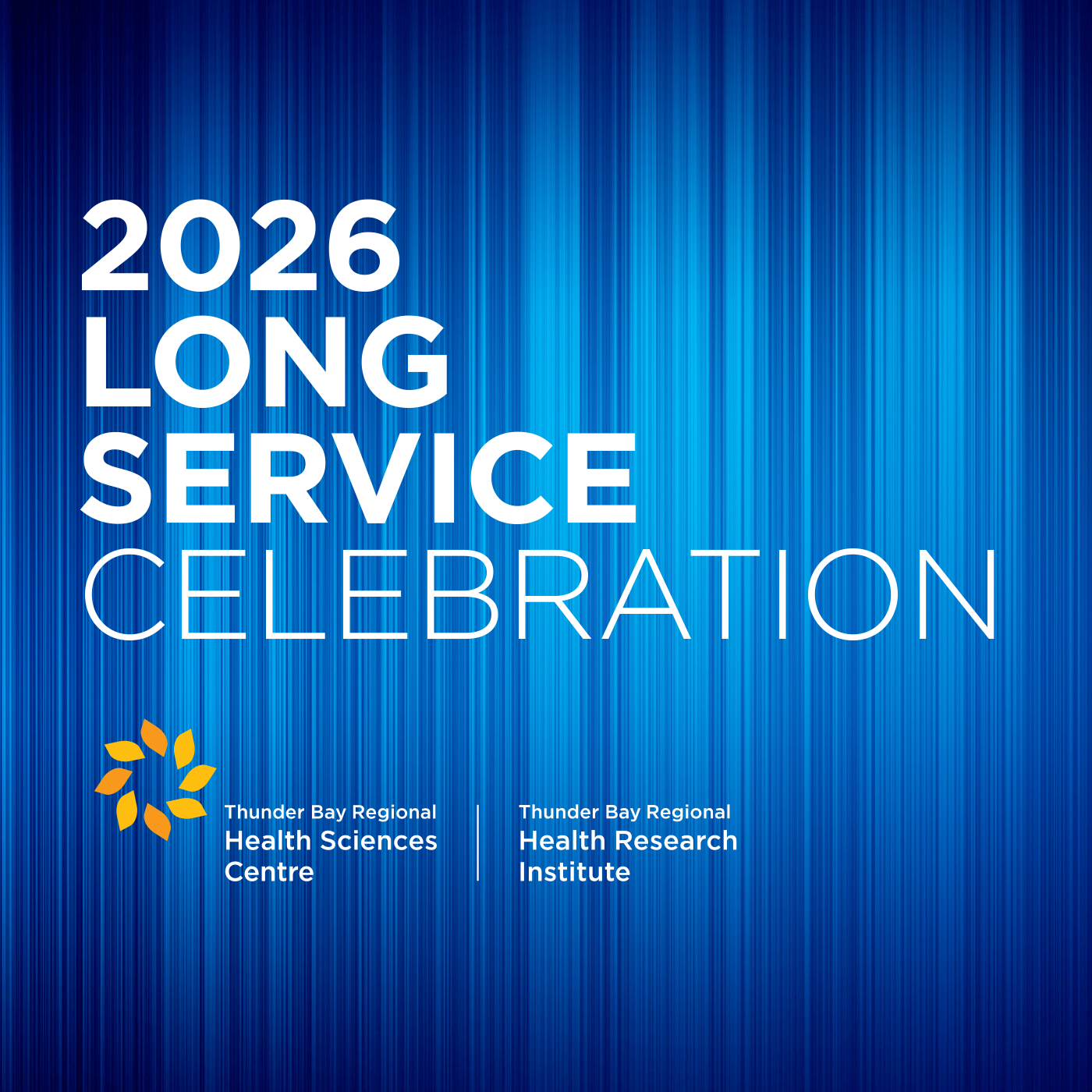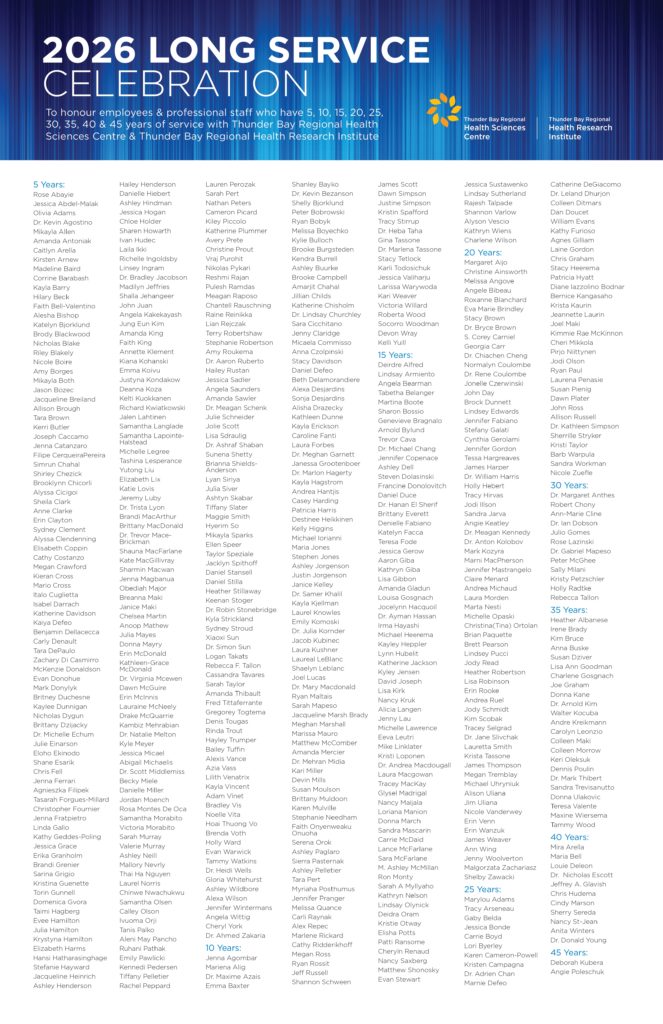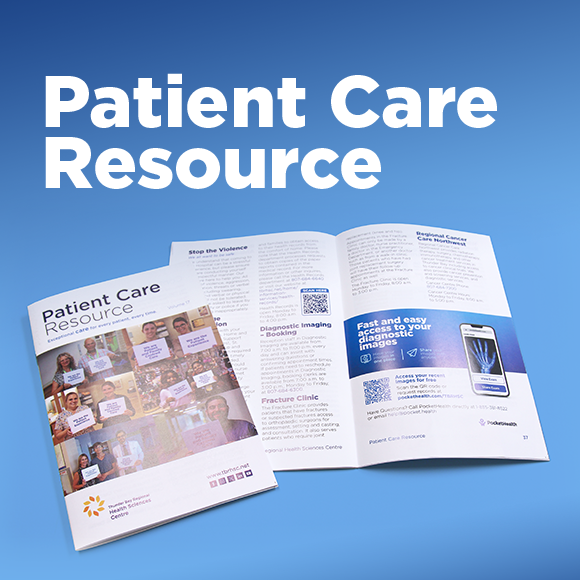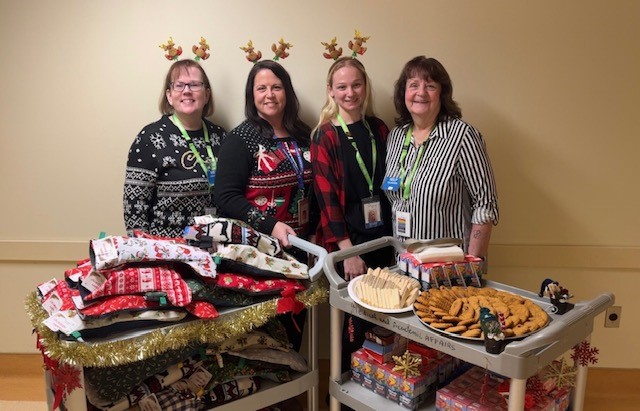Shared on behalf of Practice and Learning
Please be informed that all employees now have access to Elsevier Clinical Skills, a leading evidence-based resource for clinical procedures. This resource can be accessed via an icon on your ZENworks Application Window.
Elsevier Clinical Skills provides staff with up-to-date, evidence-informed guidance to support safe and competent practice. The platform offers step-by-step procedural checklists, quick-reference summaries, high-quality instructional videos, and patient-education materials. These resources are designed to reinforce learning, support skill development, and promote standardization of best practices across clinical areas. The content is updated regularly to reflect current evidence and guidelines.
It is important to note that this resources augments Thunder Bay Regional Health Sciences Centre (TBRHSC) internal policies and procedures, and therefore they should remain the primary source of guidance for clinical practice. In situations where no internal policy exists, Elsevier’s Online Clinical Skills Resource may be used to support your understanding and guide you in completing the skill.
TBRHSC employees who wish to gain access to this resource from home can reach out to TBRHSC.LearningAndPractice@tbh.net to submit a request.
